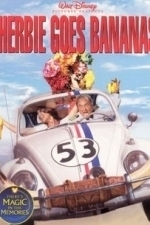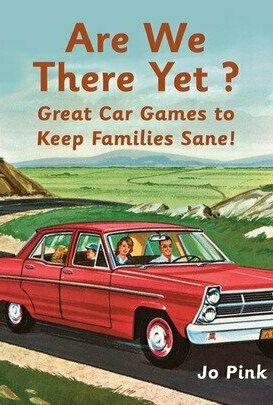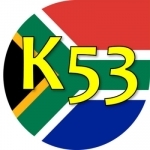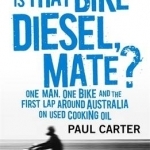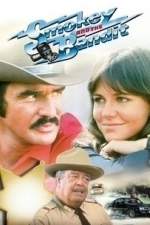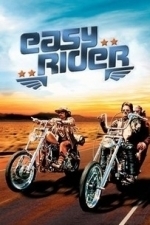"I begin and end with road-trip movies. Easy Rider was a cultural phenomenon. It depicted the rise of hippie culture, condemned the establishment, harkened back to a mythical America that was being shot in the head metaphorically, and many people, including my own father, so identified with the main characters, Captain America and Billy, that they sought to emulate the values not only of the film but of the filmmakers, Dennis Hopper and Peter Fonda. I wrote about the transformative power Easy Rider had in my life in my book, I Blame Dennis Hopper, and let me tell you, the first time I saw it on TV, all cut up, I thought: This is the movie that ruined our lives and turned us into dirty hippies? I just didn’t get it. The years went by; I became an actress, worked with Dennis Hopper, then Peter Fonda, deemed them both mystics, and thought: Yeah, I need to reinvestigate this film. So cue up the sixties soundtrack: Get your motor running . . .
Easy Rider is mainly a road-trip movie about two alienated and rootless hippie bikers who travel on their choppers to make a drug deal, but somewhere along the broken road, Hopper and Fonda reveal themselves in an existential way. For instance, there’s a touching bit of autobiographical improv about the death of Fonda’s mother that Hopper apparently made him shoot. Watching Easy Rider, you never forget that Peter Fonda is the son of Henry Fonda—and that’s pretty existential too! It’s like he’s cinematically rebelling against the very American roles his father played—especially Tom Joad in The Grapes of Wrath. Which, if you think about it, is also a road-trip movie about a broken America. Apparently, Henry Fonda came out of Easy Rider not understanding any of it. I’ve always loved the idea that while Peter was shooting Easy Rider and changing the world, Henry was shooting Yours, Mine and Ours, a Hollywood generation-gap movie, with Lucille Ball.
Hopper had his finger on the pulse of the times when he made this film, and not just the peace movement. He came out of the studio system, acting in films like Giant and Rebel Without a Cause, and starred in countless television shows. His work as a director and an actor has been overshadowed by his wild lifestyle, and that’s a shame. Two films you should check out: Hoosiers, in which Hopper acted, and Colors, which he directed.
Hopper literally began the independent film movement with this film. He probably also cursed us with hundreds of road-trip movies too—but here is the original. The tagline of Easy Rider was “A man went looking for America. And couldn’t find it anywhere . . .,” and that message still resonates, especially in the character of George Hanson, played so beautifully by Jack Nicholson.
Let’s just say the casting of Nicholson as an alcoholic ACLU lawyer was a stroke of luck and genius. His performance opposite Hopper and Fonda, maybe because they were all buddies, is the heart of the film. Every road movie owes a debt to this scene, because every road movie since then seems to have a bonding scene like it, where all the characters reveal their inner hopes, fears, and dreams over a joint or two. They sit around the campfire smoking pot, and Hopper rationalizes that people hate him because he has long hair and is a hippie. Nicholson says, no, they hate you because you’re free. Cut to the thousands of folks who saw this film, quit their jobs, and became hippies!
Easy Rider represented a time when freedom meant freedom from material things, freedom from driving in six lanes of traffic to work twelve hours a day at a job you hate. Freedom in 1969 was the land, the land of the free and the brave. Freedom was peace and love. The word freedom has been co-opted. Today, freedom means freedom to be selfish, freedom to carry guns. Freedom to hurt the land and its inhabitants for the sake of commerce. Easy Rider reminds us how far we have strayed from that journey."
Source

